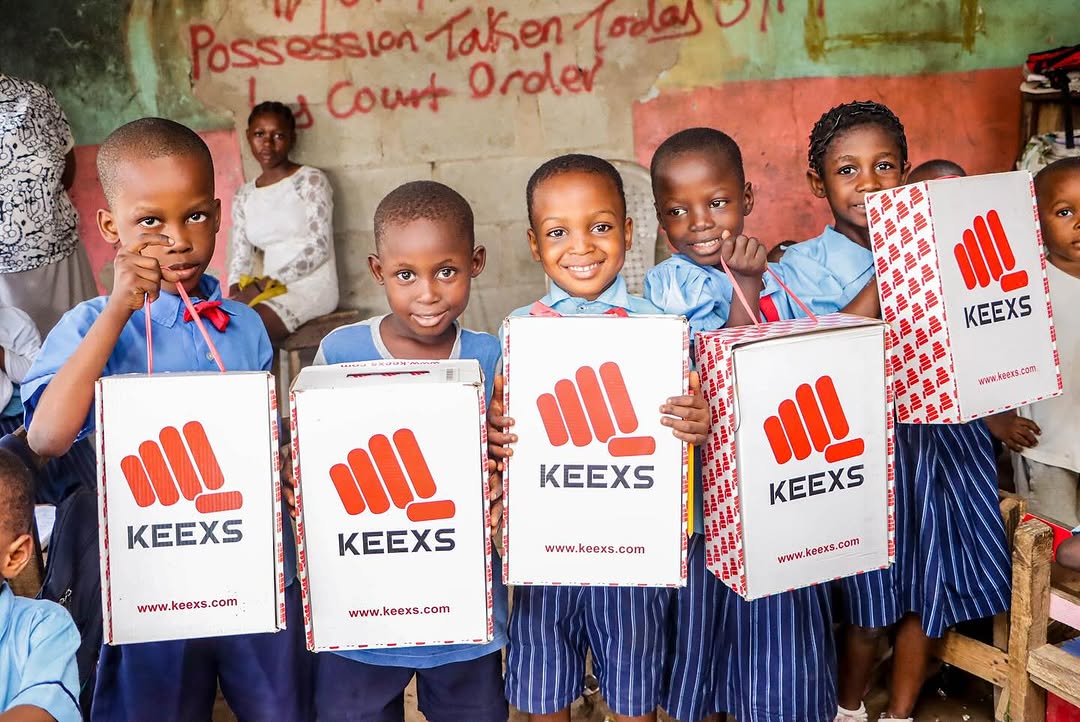Inequality is inarguably the most ancient plague that humanity has coped with, a timeless evil that sets apart the privileged from the less privileged, the strong from the weak. However, when it comes to children, inequality is unacceptable. After all, how could an innocent child face the burning reality of being underprivileged, “inferior”, to another child, sometimes within the same school playground? More frightfully, how would we admit a disparity that resides in their fragile bellies? The Lagos Food Bank Initiative has a clear take on this issue: there is no possible companionship between inequality and children, especially when it comes to nutrition.
For underprivileged children, that is not the case. They face a unique inequality that has many names: “Hunger”, “Malnutrition”, “Food Insecurity”, and many more. Each one expresses a degree of emptiness and lack. It is true that ethnicity, gender, parents’ social status, disabilities, among others, jointly form the labyrinthic valley of inequality at schools. Nevertheless, hunger itself is the expression and the nest of all the inequalities. At all grades, it shows who is who, and who has what, it is a source of stigma. That is why the Lagos Food Bank Initiative (LFBI), launched the Educational Enhancement Intervention for Food Insecure Students (EDUFOOD).
This program provides free meals that are distributed twice a week to students in low-cost private schools. Through this initiative, LFBI addresses a nutritional issue as much as an educational issue: student attendance and concentration. Usually, when students experience hunger, they are likely to reject certain subjects or to develop attention disorders. Therefore, if they lack the necessary nutrients that keep them alert, the risk is high for them to be left behind. A study conducted in Southern Nigeria established that fact: in a sample of 636 students, only 15.7% managed to score high without breakfast. EDUFOOD ensures those children’s ease of mind, just like their peers who wake up in more privileged areas.
Unfortunately, hunger’s grip on the little ones is strong enough to withdraw them from school. Too many students drop out or fall into chronic absenteeism because of food insecurity. Indeed, it is not too hard to imagine helpless parents walking their kid to school, sometimes without breakfast or any snack. What terrible guilt that can cause. How do we solve this dilemma?
In Nigeria, the completion rate at primary school is merely 34% among the bottom 20% of the population. When children derail from the educational track, their future is less likely to be as bright as that of graduates, seeding poverty and inequality. In 2023, LFBI reported that 38,424 children were fed. This figure shows that through EDUFOOD, the Food Bank is committed to keeping disadvantaged students on track. Indeed, children have the right to quality education and nutritious food. We were all children once, and if we were in need, we would have wanted someone’s help. So, let’s take action: advocate, get engaged, volunteer, and spread the word.
Article Written By Abdoulaye Laity


